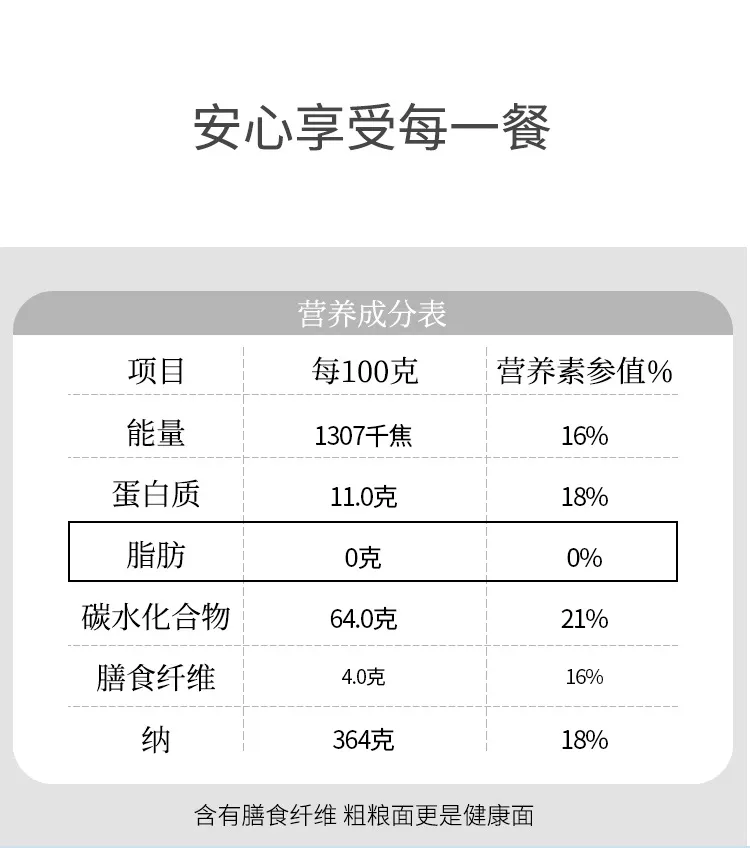buckwheat noodles for diabetics
Buckwheat Noodles for Diabetics A Healthy Choice
In recent years, dietary habits have been gaining attention, especially for individuals dealing with health conditions such as diabetes. One of the most significant aspects of managing diabetes is making smart food choices that help maintain stable blood sugar levels. Among the alternatives available, buckwheat noodles present an excellent option for diabetics, offering numerous health benefits without compromising on flavor.
What are Buckwheat Noodles?
Buckwheat is a pseudocereal, meaning it shares qualities with grains but is not a true cereal. It is often used as a flour for making noodles, particularly in Asian cuisines, such as soba noodles in Japan. Despite its name, buckwheat is gluten-free, making it suitable for people with gluten intolerance or celiac disease. The unique composition of buckwheat makes it a functional food that can aid in the management of diabetes.
Nutritional Profile
Buckwheat noodles are rich in complex carbohydrates, fiber, protein, and several essential vitamins and minerals. One of the most significant benefits for diabetics is the low glycemic index (GI) of buckwheat. Foods with a low GI release glucose slowly and steadily into the bloodstream, preventing sharp spikes in blood sugar levels. This is crucial for diabetics, as maintaining stable blood sugar levels is vital for overall health and managing the condition.
In addition, buckwheat is a good source of dietary fiber. High-fiber foods can improve digestive health and enhance satiety, leading to better weight management—an important aspect of diabetes control. The fiber present in buckwheat noodles can also help lower cholesterol levels and promote heart health, which is particularly beneficial for those with diabetes who are at an increased risk of cardiovascular diseases.
Antioxidant Properties
buckwheat noodles for diabetics

Buckwheat contains a variety of antioxidants, including rutin and quercetin. These compounds have anti-inflammatory properties that can benefit overall health. For people with diabetes, reducing inflammation is important, as chronic inflammation can contribute to insulin resistance and complicate diabetes management. By incorporating buckwheat noodles into their diet, diabetics can potentially reduce inflammation and related complications.
Versatility in Cooking
One of the appealing aspects of buckwheat noodles is their versatility. They can be incorporated into a wide range of dishes, from soups and salads to stir-fries and cold noodle bowls. This adaptability allows diabetics to enjoy various meals without feeling restricted by their dietary needs. When preparing meals, diabetics can pair buckwheat noodles with lean proteins, vegetables, and healthy fats to create balanced dishes that support their health goals.
Portion Control and Meal Planning
While buckwheat noodles have several benefits, it's essential for diabetics to practice portion control and meal planning. Even healthy foods can affect blood sugar levels if consumed in large quantities. It is advisable to combine buckwheat noodles with plenty of non-starchy vegetables and a source of protein, such as tofu, chicken, or fish, to create well-rounded meals. Such combinations can help manage blood sugar levels and provide adequate nutrients.
Conclusion
In summary, buckwheat noodles are a nutritious and delicious option for individuals with diabetes. Their low glycemic index, high fiber content, antioxidant properties, and versatile nature make them an excellent alternative to traditional wheat noodles. By incorporating buckwheat noodles into a balanced diet and practicing portion control, diabetics can enjoy varied and satisfying meals while effectively managing their blood sugar levels. As always, it's wise for diabetics to consult with healthcare providers or nutritionists when making significant changes to their diet. Adopting healthy eating habits, including the integration of foods like buckwheat noodles, can pave the way for improved health outcomes and enhanced quality of life for those living with diabetes.
-
Authentic Fried Sauce Noodles: Savory, Satisfying, & Easy!NewsAug.28,2025
-
Wholesale Ramen Noodles SuppliersNewsAug.27,2025
-
Organic Soba NoodlesNewsAug.27,2025
-
Organic Ramen Noodles BulkNewsAug.27,2025
-
Improving Foodservice: A Wholesale Buyer’s Guide to Fresh PastaNewsAug.27,2025
-
Dragon Chuka Soba NoodlesNewsAug.27,2025
-
A Timeless Treasure of Northwestern ChinaNewsAug.27,2025
Browse qua the following product new the we







